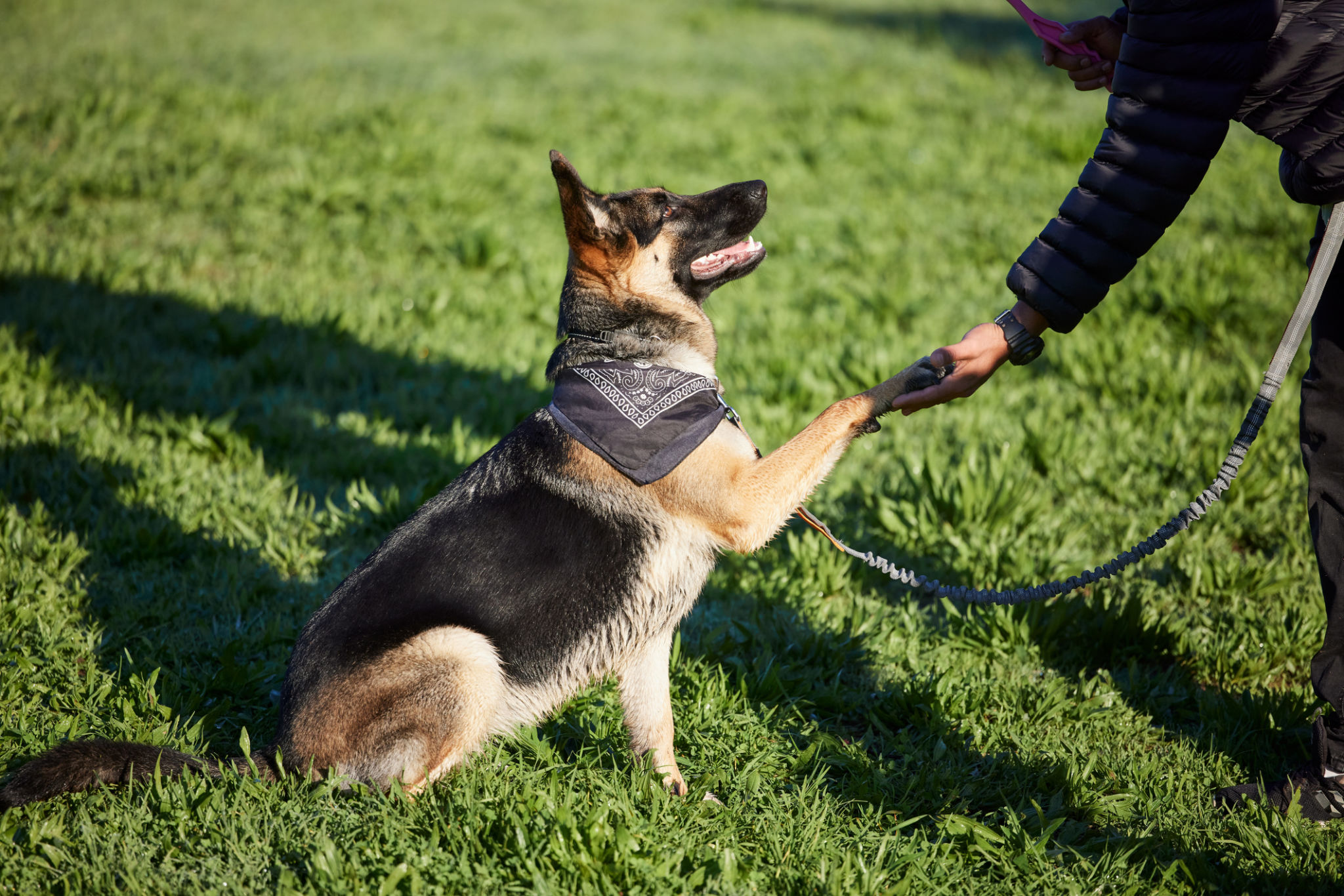Top Myths About German Shepherds: Debunked by Experts
German Shepherds Are Aggressive by Nature
One of the most common myths about German Shepherds is that they are inherently aggressive. This misconception likely stems from their frequent use as police and military dogs. However, experts agree that aggression is not a natural trait of the breed. The behavior of a German Shepherd largely depends on its training, environment, and socialization. With proper upbringing, German Shepherds can be gentle, loyal, and well-mannered companions.

The Importance of Early Socialization
Early socialization is crucial for any dog breed, especially German Shepherds. Introducing them to new environments, people, and other animals at a young age helps build their confidence and reduces the likelihood of fear-based aggression. Training should focus on positive reinforcement to encourage desirable behaviors.
German Shepherds Require Constant Exercise
While German Shepherds are indeed an active breed, the notion that they need constant exercise is exaggerated. These dogs do have high energy levels, but a balanced routine of physical and mental stimulation is sufficient to keep them happy and healthy. Daily walks, interactive playtime, and training sessions are usually enough to meet their needs.

Understanding Energy Levels
It's important to understand that not all German Shepherds have the same energy levels. Factors such as age, health, and individual personality can influence how much exercise a particular dog requires. It's crucial for owners to assess their dog's specific needs to ensure they are providing appropriate exercise.
They Are Not Suitable for Families
Another myth is that German Shepherds are not suitable for families with children. In reality, many German Shepherds thrive in family settings due to their protective and loyal nature. When properly trained and socialized, they can be wonderful companions for children and adults alike.

The Role of Training in Family Dynamics
Training plays a significant role in how well a German Shepherd adapts to family life. Teaching children how to interact with the dog respectfully is equally important. Supervision and setting boundaries ensure a harmonious relationship between the dog and family members.
German Shepherds Are Hard to Train
Some people believe that German Shepherds are difficult to train, but this couldn't be further from the truth. Known for their intelligence and eagerness to please, German Shepherds often excel in training environments. They are versatile learners capable of mastering a wide range of tasks.

Effective Training Techniques
Utilizing positive reinforcement techniques such as treats, praise, and play can motivate German Shepherds during training sessions. Consistency and patience are key factors in achieving successful outcomes. With the right approach, these dogs can learn commands quickly and efficiently.
The Shedding Myth
It's a common belief that German Shepherds shed excessively year-round. While they do shed more than some other breeds, regular grooming can help manage this issue. Seasonal shedding is common, and during these periods, brushing their coat more frequently can minimize loose hair around the home.

Maintaining a Healthy Coat
A healthy diet rich in nutrients also contributes to the condition of a German Shepherd's coat. Providing a balanced diet helps reduce shedding and promotes overall well-being. Regular vet check-ups ensure that any underlying health issues affecting their coat are addressed promptly.